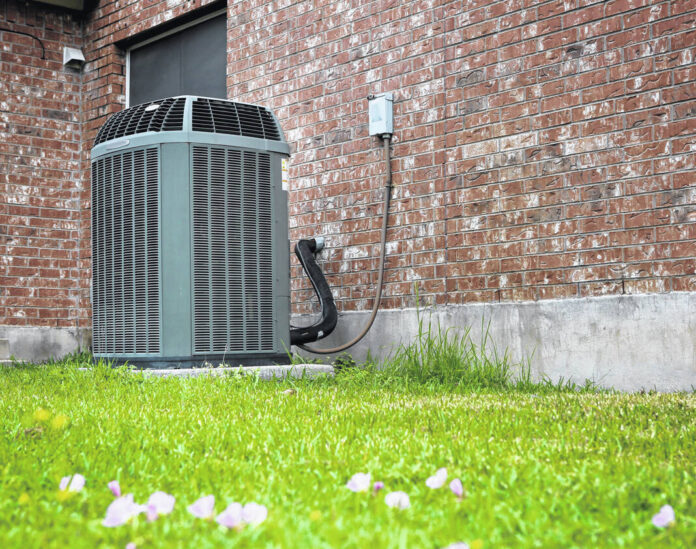The summer heat is just around the corner, and that means HVAC troubles might not be far behind. Here are some quick tips on what you should do when your AC unit stops working during a heat wave.
Identify the problem
There are a number of common causes for AC units to stop working during a heat wave. For starters, it is important to check your filter. HVAC filters should be changed roughly every three months, as an old or dirty filter can cause dirt to build up in the system’s ducts. If you have access to your HVAC’s ducts, which are often found either in a home’s attic or crawlspace, check that the duct seals are still in tact and that pests have not torn the insulation for nesting. Next, check your circuit breaker.
Sometimes HVAC units can trip a breaker, meaning you need to flip the breaker back into the on position. Lastly, if all else fails, make a note of what the HVAC system is and is not doing so that you can effectively inform a technician about your problem.
“If you’re experiencing a lack of performance with your AC, make a note of what you’re seeing and hearing by the unit,” Cool Today said. “Is it turning on and immediately shutting off? Blowing hot air inside the home? Making a strange noise? Completely dead? These observations can help the technician think about possible causes so s/he will know what to check first upon arrival.”
How to keep your home cool when the AC is broken
Just because your AC is broken, you don’t have to live in total discomfort. There are a number of steps you can take to ensure your home stays cool while you wait for your HVAC unit to be repaired.
1. Close your shades: The sun’s rays can create a greenhouse effect inside the home, which means open blinds lead to warmer homes. During the cooler nights, however, you should open your windows to help drop the in-home temperature before morning.
2. Build a makeshift AC unit: With nothing more than a bowl of ice and a fan, you can create a makeshift AC unit of your own. The fan will pull warm air over the bowl of ice, melting the ice and consequently cooling the surrounding area. Speaking of fans, make sure all of your ceiling fans are spinning counterclockwise. This can usually be achieved by flipping a small switch on the fan, and will cause cool air to be pulled up from the bottom of the room.
3. Limit appliance usage. By spending less time at the oven, you can minimize any additional heat from entering your home. Likewise, you will want to limit time spent on any computers or any other heat-producing devices.







